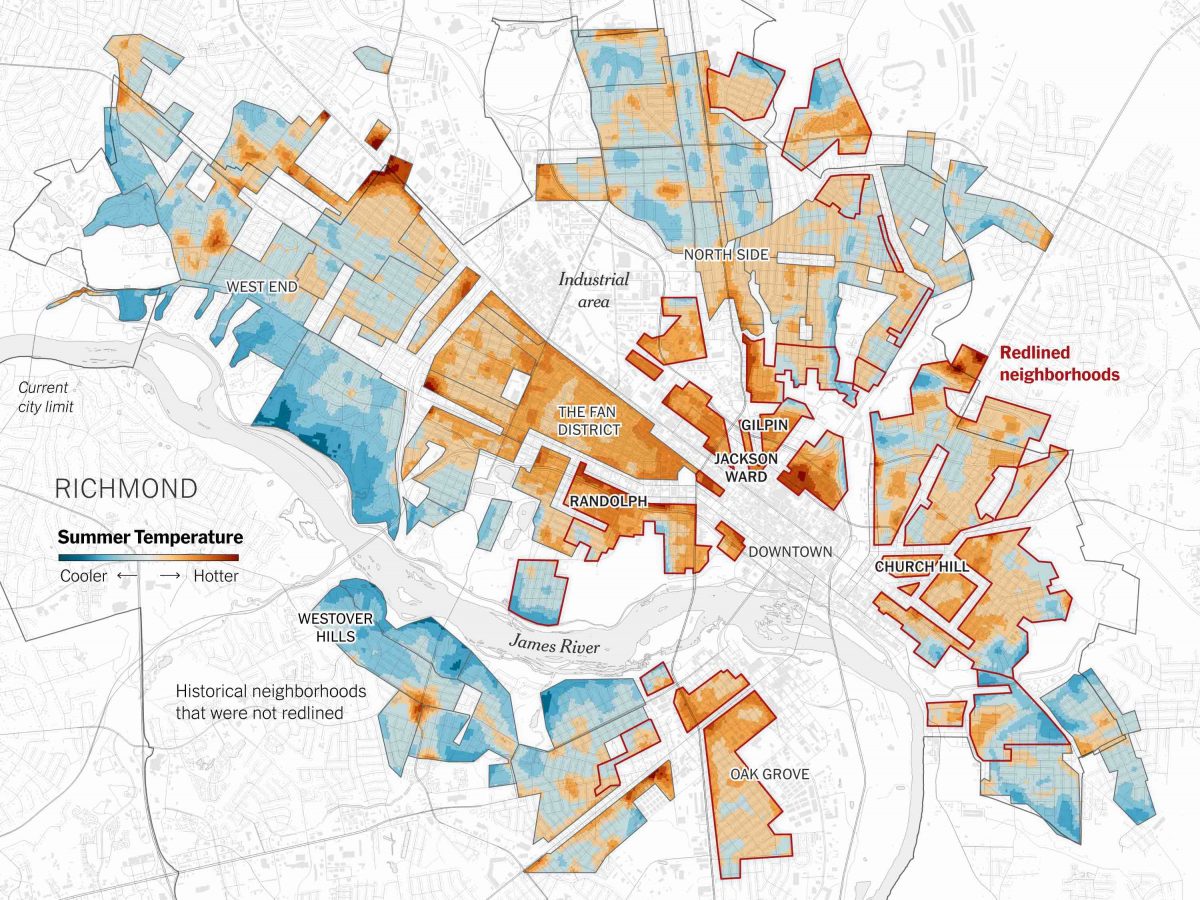A new paper from the Low Income Investment Fund and the Center for Cities & Schools at UC Berkeley explains that many homes and child care facilities are largely unequipped to withstand the impacts of a worsening climate. Policymakers, financial institutions, funders, and communities must plan for and address climate vulnerabilities facing the childcare sector.
Read the full paper
The following are highlights extracted from the paper:
“Children born today will bear the brunt of the burden of climate change despite having the least responsibility for causing it. Growing calls to position climate change as a child’s right crisis are rooted in research on the unique physical and mental health impacts that high temperatures, poor air quality, and stress associated with living through natural disasters have on the most important developmental years in a person’s life.”
“Mitigating existing challenges and preventing harm to future generations will require collaborative policies and interventions that cut across climate science, early care and education, public health, and countless other disciplines. In a new paper, the Low Income Investment Fund and the Center for Cities and Schools at the University of California, Berkeley, make the case for explicit focus on and improvements to the physical settings where young children spend their time.”
“Centering child health and well-being in climate policy – specifically through the lens of space, facilities, and the built environment – is a critical piece of building resilient communities and ensuring all children are able to live healthy and fulfilling lives. But steep challenges facing the ECE sector too often make facilities and physical spaces an afterthought for providers and policymakers alike. The ECE sector is underfunded, the workforce is under-compensated, and many facilities are old, poorly constructed, and entangled in long-standing community inequities. Disparities in ECE largely align with those in climate policy. Black and Latino children, families, and neighborhoods tend to have the least access to high-quality ECE and are most likely to live in places with harsh weather made worse by climate change.”
“Settings where young children spend their time need to protect them from the risk of developing lifelong health complications as a result of toxins or traumas in childhood. To achieve this, LIIF and the Center for Cities and Schools’ new paper urges policymakers, financial institutions, funders, and communities to prioritize the health and well-being of our youngest children as we address the climate emergency through six core recommendations:
-
- Ensure all existing and planned ECE facilities are renovated or built with resilient, high-quality, and sustainable materials.
- Invest in small businesses and ECE providers who need assistance to adopt climate mitigation strategies.
- Include ECE facilities in local planning processes to reduce household carbon emissions and improve quality of life for parents and children.
- Make families a priority in community and economic development strategies through emphasis on reliable ECE and climate resilience.
- Design public programs so that communities with the largest child care gaps and greatest climate risks receive the most support.
- Analyze the ways racial, geographic, and socioeconomic disparities intersect with climate policy
Communities can improve child health and climate resiliency simultaneously through building practices, small business supports, and efforts to co-locate and embed child care facilities within affordable housing and broader planning priorities. As climate change becomes more visceral in our daily lives, now is the time for action and the time to prioritize young children as we plan for the future of public infrastructure and the environment.”
About the Authors
Angie Garling is the Vice President, Early Care and Education at the Low Income Investment Fund (LIIF)
Jeff Vincent, PhD is a Director at the Center for Cities + Schools at UC Berkeley
Isabelle Donohoe is a graduate student in the Department of City and Regional Planning at UC Berkeley
Joe Fretwell is a Program Officer for Early Care and Education at the Low Income Investment Fund (LIIF)
